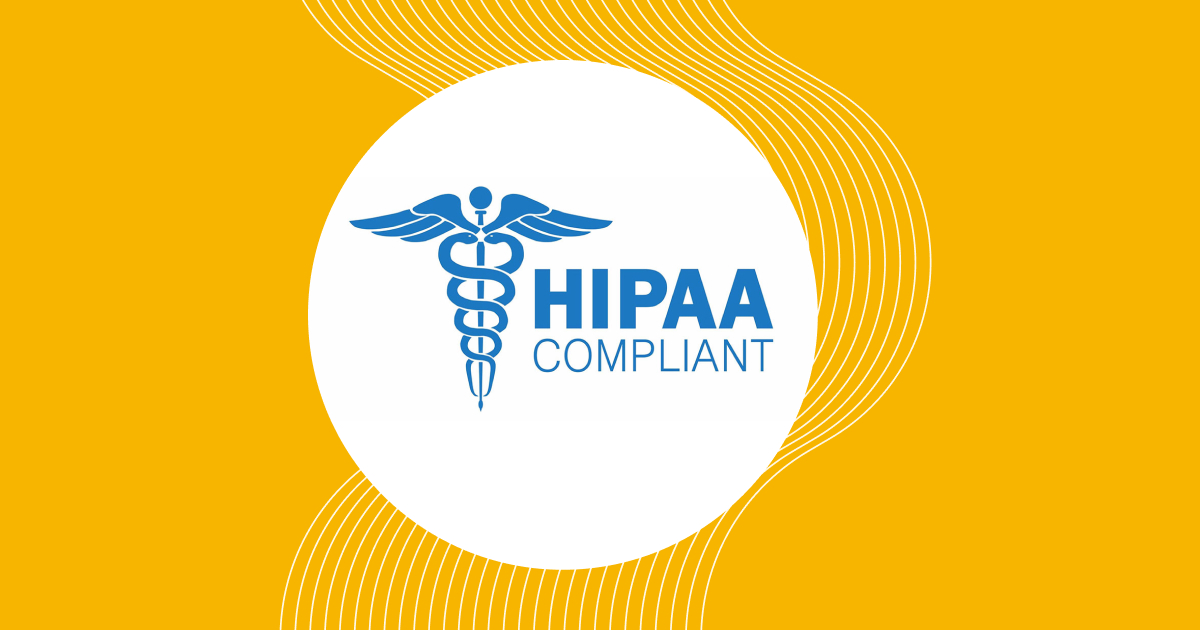
The past year brought its share of challenges for healthcare organizations. Dealing with ongoing COVID-19 protocols and witnessing a surge in healthcare data breaches emphasized the need for robust security measures. These breaches hit a record high, compromising the sensitive information of approximately 46 million individuals. It’s important to note that data breaches can affect practices of all sizes, including smaller dental offices, underscoring the potentially substantial repercussions.
If protecting patient data and remaining HIPAA compliant seem like insurmountable tasks, don’t worry. We have five tips that can put you on the right compliance track.
……….
✅ Appoint a HIPAA Champion in your Dental Office
This person can help champion all protocols needed to ensure proper HIPAA compliance throughout your office. From documenting staff member training to helping conduct annual audits and assessments, this role is critical for any dental practice. Make sure whoever is appointed is a responsible and trustworthy staff member.

✅ Go Digital with Patient Records
Did you know that your practice is liable for protecting all PHI regardless of whether it’s in print or digital form? If you have paper records, you may have to invest more time and money to ensure that these documents are adequately protected and out of sight from other patients.
✅ Practice HIPAA Compliant Responses to Online Patient Reviews
If your practice takes pride in its online reputation, then you’re probably directing patients toward popular sites, such as Google, Yelp!, and Healthgrades, to leave reviews.
If patients take time out of their busy days to review your practice online, you should make time to acknowledge and publicly respond to their reviews. Doing so adds credibility to your practice and shows patients that you care. To keep your responses HIPAA compliant, make your comments vague and don’t discuss any PHI.
✅ Apply the Same Rules for Online Reviews to Texting
Even though HIPAA gives no formal mention of texting patients, the same standard rules and procedures apply to texting as they would in any other type of verbal or written communication with patients. For example, be sure your automated patient text interface allows patients to opt out at any time.

✅ Make Learning HIPAA Rules Fun
HIPAA brings a lot of legal jargon, and at times, frustration and confusion to a dental practice—but that does not have to be the case. Oftentimes we discredit
or get frustrated with something when we don’t take the time to fully understand it before implementing it.
If your dental practice is struggling to get your employees’ full and undivided attention around conducting HIPAA audits, training, and risk analysis assessments, it’s time to reinvent the wheel and to get creative with your practice’s approach. For inspiration, check out this resource for some creative HIPAA training ideas!




